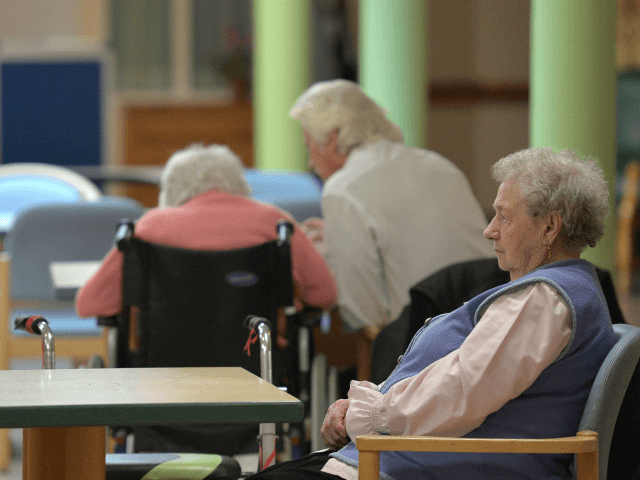Ekerö municipality plans to house recently arrived asylum seekers alongside the elderly in a retirement home due to the shortage of available housing.
The municipality, located within the county of Stockholm and is the residence of the King of Sweden, has had difficulty finding housing for newly arrived migrants. The local government has announced that it will accommodate migrants in spare rooms in the Söderströmsgården retirement home, Mälarö Tidning reports.
Anders Anagrius, the regional integration manager, said the move could turn out to be “positive”.
Speaking about the newly built retirement home, he said: “There are places in two corridors that are not utilised but are intended for future use. In the situation when we have a high shortage of housing for our new arrivals, we will leave some of the rooms for new arrivals for a limited time.”
Anagrius said they plan to move in several single women to the facility in the coming weeks.
“They are living in a social environment that is relatively centrally located. There are opportunities for both the women who move in to have contact with the elderly and vice versa. This feels very positive,” he said.
Sweden is currently undergoing a housing shortage crisis which was made even worse as a result of the 2015 migrant crisis in which the government allowed around 163,000 people into the country. The influx led to the Swedish population growing by 144,000 in 2016, giving the country the second largest population growth in the European Union.
In some areas, buildings have been requisitioned for use as migrant homes. Last year in Piteå, an umbrella group working with people with disabilities was evicted by the government who wanted to use the building to house asylum seekers.
Other municipalities have chosen to push students and other people deemed “vulnerable” to the back of the housing queue to make way for migrants. As a result, many people undergoing psychiatric or drug addiction care may have to remain in treatment centres despite being rehabilitated due to the lack of available housing.

COMMENTS
Please let us know if you're having issues with commenting.